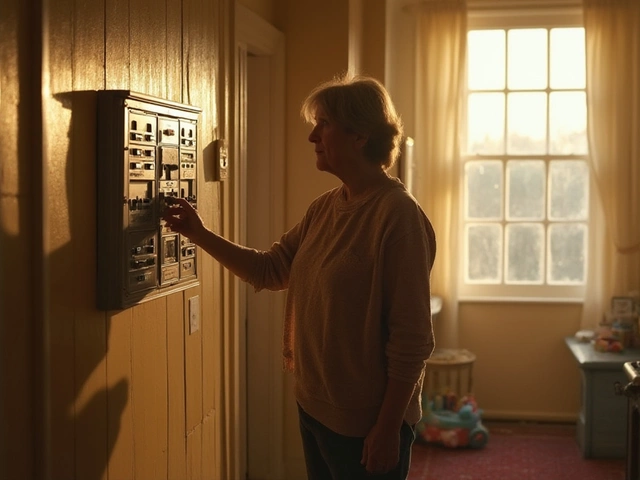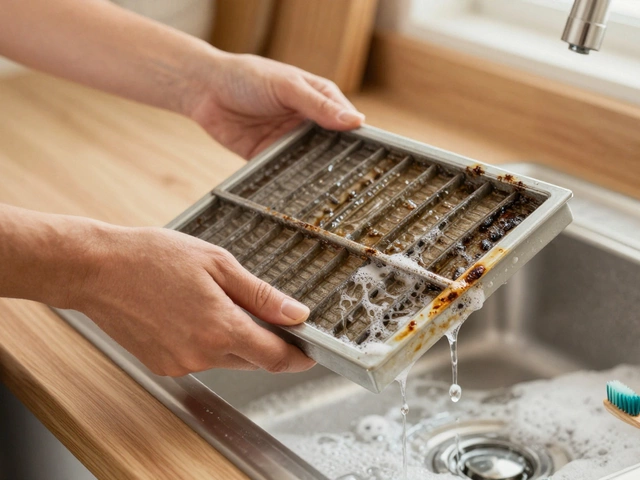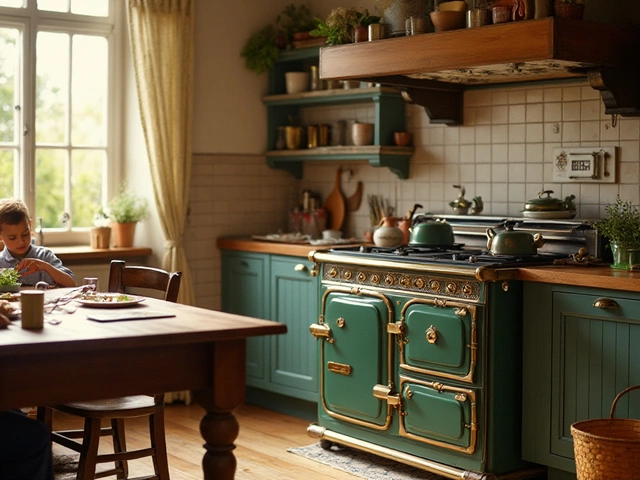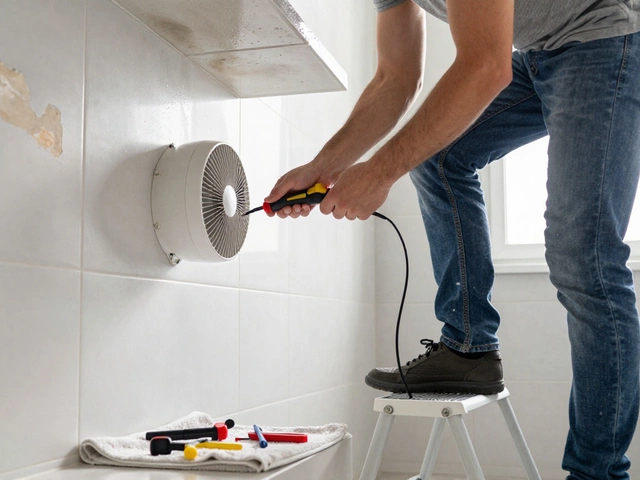Should You Turn Off the Breaker When Resetting Your Water Heater?
July 30 2025Pressure Cooker Lifespan: How Long It Really Lasts and How to Keep It Going
If you’ve ever wondered whether your trusty pressure cooker will outlive the next appliance you buy, you’re not alone. Most people think a pressure cooker is set‑and‑forget, but like any kitchen tool it has a life expectancy that depends on usage, care, and a bit of luck.
What Determines a Pressure Cooker’s Life?
First off, the material matters. Stainless‑steel models generally survive longer than aluminium ones because they resist rust and don’t warp as easily. The thickness of the base also plays a role; a thicker bottom handles high heat better and lasts longer.
How often you use it is another big factor. A cooker that sits on the shelf for months won’t wear out quickly, but daily use can shave years off its lifespan, especially if you push it to the max pressure every time.
Safety features such as the pressure release valve and gasket are wear points. The gasket, usually a silicone or rubber ring, needs to stay flexible. Over time it dries out, cracks, or loses its seal, which can cause pressure loss or, worse, unsafe operation.
Finally, your maintenance habits make a difference. Skipping cleaning after each use, letting food residue build up, or ignoring rust spots can accelerate deterioration.
Tips to Extend Your Pressure Cooker’s Lifespan
1. Clean the lid and seal after every use. Warm, soapy water removes food particles that can degrade the gasket. Rinse well and dry completely before storing.
2. Check the gasket regularly. Pull it gently; if it feels stiff, cracked, or doesn’t bounce back, replace it. Gaskets are cheap and swapping them adds years to the cooker.
3. Inspect the pressure valve. Make sure it moves freely and isn’t clogged with food. A blocked valve can cause dangerous pressure build‑up.
4. Avoid sudden temperature changes. Don’t douse a hot cooker with cold water; let it cool gradually. Shock can warp the metal and weaken seams.
5. Use the right amount of liquid. Too little liquid creates excess steam, forcing the cooker to work harder and stressing the seal.
6. Store it properly. Keep the lid off or slightly ajar to let moisture escape. Store in a dry place away from corrosive chemicals.
7. Follow manufacturer guidelines. Each model has a recommended maximum pressure and recommended cleaning cycle. Ignoring these can void warranties and shorten life.
When you notice any of these red flags – constant whistling, difficulty reaching pressure, or a gasket that no longer fits snugly – it’s time to either replace the part or consider a new cooker. A well‑maintained pressure cooker can easily hit 10‑15 years; neglect can cut that down to a few seasons.
Bottom line: Treat your pressure cooker like a partner, not a disposable tool. Simple steps like cleaning the seal, checking the valve, and using the right amount of liquid go a long way. With a bit of care, you’ll keep enjoying fast, flavorful meals without worrying about a surprise breakdown.
 8 Aug
8 Aug
How Long Do Pressure Cookers Last? Expert Advice and Lifespan Tips
How long do pressure cookers last? We break down what affects their lifespan, give honest maintenance tips, and share when to replace your cooker for safety.
Read More...



